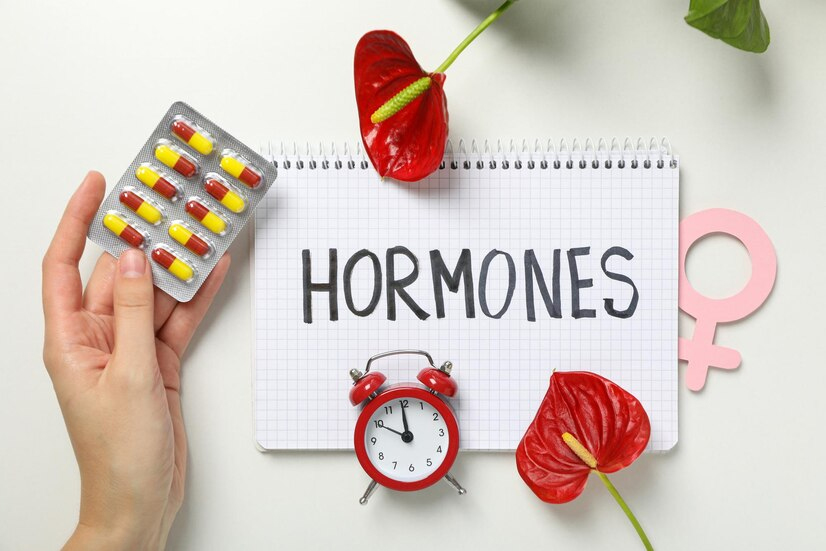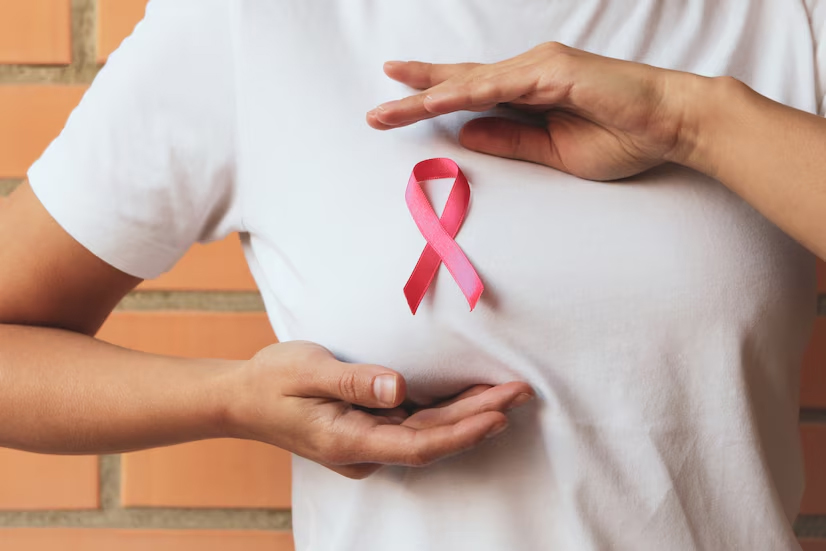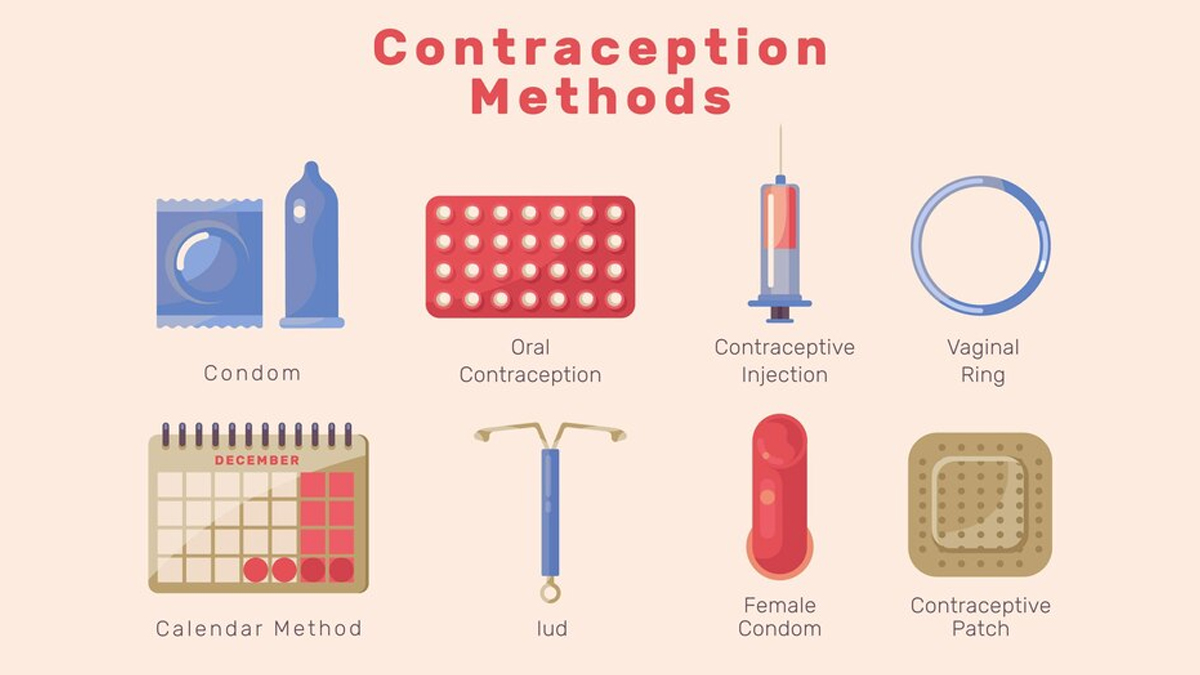
Contraceptive pills have given women the liberty of choosing or taking control of their own reproductive choices. Often referred to as birth control pills, they are a popular and effective method of preventing pregnancy. But alongside the undeniable benefits of these tiny tablets, questions linger about their potential risks, particularly their link to breast cancer. Yes, you read it right, the most common method of contraception may increase your risk of getting breast cancer.
Table of Content:-
Can the hormones in these pills increase cancer risk? What does science say, and how concerned should you be? Understanding these connections is essential for making informed decisions about your health. To get answers to all these questions, we turned to Dr Sajjan Rajpurohit, Senior Director of Medical Oncology, Max Super Speciality Hospital, Shalimar Bagh, Delhi.
What Are Contraceptive Pills?
Contraceptive pills contain synthetic versions of the hormones oestrogen and progesterone. According to studies, these hormones prevent ovulation, thicken cervical mucus to block sperm, and thin the uterine lining to inhibit implantation. Although these pills revolutionised family planning, they also influence hormone-sensitive tissues in the body, including the breast.
Also read: Can Contraceptive Pills Trigger Anxiety And Depression?
How Do Contraceptive Pills Impact Breast Tissue?

Breast tissue is highly sensitive to hormonal changes. Synthetic oestrogen and progesterone can stimulate breast cells to grow and divide. Prolonged exposure to elevated levels of these hormones can sometimes lead to the development of abnormal or cancerous cells in the breast.
Dr Sajjan Rajpurohit explains "Breast tissue reacts to hormone fluctuations. Prolonged exposure to high hormone levels, such as those from oral contraceptives, may increase cell division, which is a potential precursor to cancer."
Hormones and Breast Cancer

Oestrogen and progesterone are naturally occurring hormones, but an increased lifetime exposure to them is associated with a higher risk of breast cancer. This is why factors like early menstruation, late menopause, or hormone replacement therapy can also contribute to breast cancer risk. Birth control pills temporarily elevate hormone levels, which can similarly heighten the risk, albeit modestly. "The risk is more pronounced in women with predisposing factors such as genetic mutations or a strong family history of breast cancer," adds Dr Rajpurohit.
Does Every Woman Face This Risk?
Not every woman who uses contraceptive pills will develop breast cancer. For most, the risk remains very low. However, studies suggest that the risk is slightly higher for women who:
Begin using the pill at a young age.
Use it continuously for several years.
The good news is that this elevated risk declines after stopping the pill and returns to baseline levels after about 10 years.
Also read: Do Birth Control Pills Increase The Risk Of Cervical Cancer? Expert Explains
Women at Higher Risk

Certain groups are more vulnerable and should weigh the risks carefully. Women with:
A family history of breast cancer.
A personal history of breast or hormone-related conditions.
"Women with a family history of breast cancer should discuss their contraceptive options thoroughly with their doctor. Tailored solutions are key in such cases," advises Dr Rajpurohit.
Are There Safer Options?
Women concerned about breast cancer risk can consider non-hormonal methods of contraception, such as:
Copper intrauterine devices (IUDs).
Barrier methods like condoms.
Fertility awareness techniques.
These options are hormone-free and do not pose a risk to breast tissue.

The Role of Regular Screening
Early detection is critical in the fight against breast cancer. Mammograms, clinical breast exams, and self-checks are vital, especially for women who have used hormonal contraceptives for extended periods.
"Regular screening and proactive monitoring are essential. Early detection can make all the difference in successful treatment outcomes," emphasises Dr Rajpurohit.
Conclusion
Contraceptive pills remain a valuable tool for family planning but come with potential risks. Women should carefully evaluate their personal and family history before starting hormonal contraception. As Dr Sajjan Rajpurohit concludes, "Informed decision-making is essential. By understanding risks and benefits and staying vigilant with regular screenings, women can prioritise their health while using contraceptives."
If you have concerns about contraceptive use or breast cancer risk, consult a healthcare provider to explore options and stay proactive about your breast health.
https://www.onlymyhealth.com/can-contraceptive-pills-trigger-anxiety-and-depression-1712570884
Also watch this video
Read Next
Stomach Cancer Awareness Month: Who Is More Likely to Develop Stomach Cancer—Men or Women, And Why?
How we keep this article up to date:
We work with experts and keep a close eye on the latest in health and wellness. Whenever there is a new research or helpful information, we update our articles with accurate and useful advice.
Current Version
